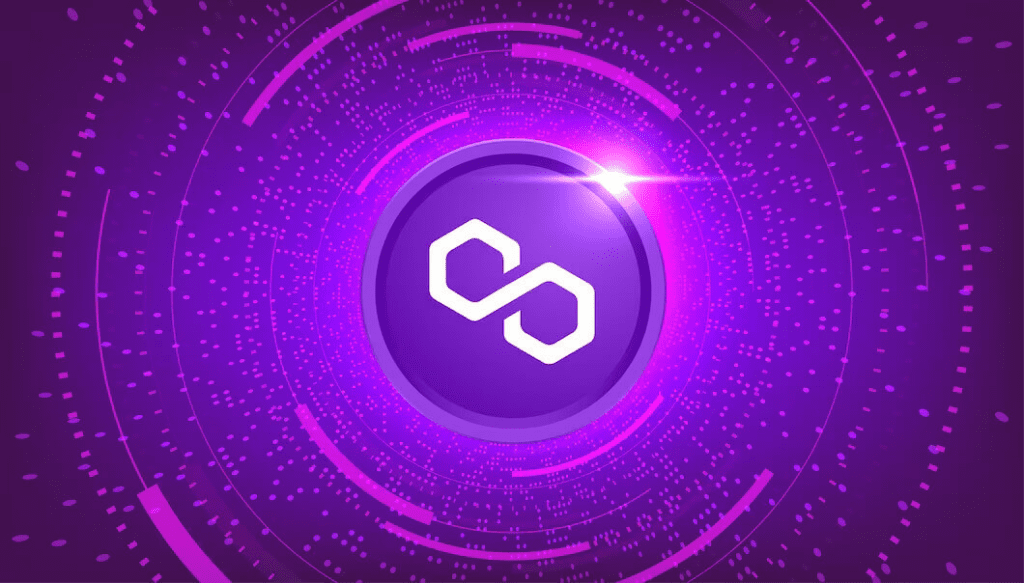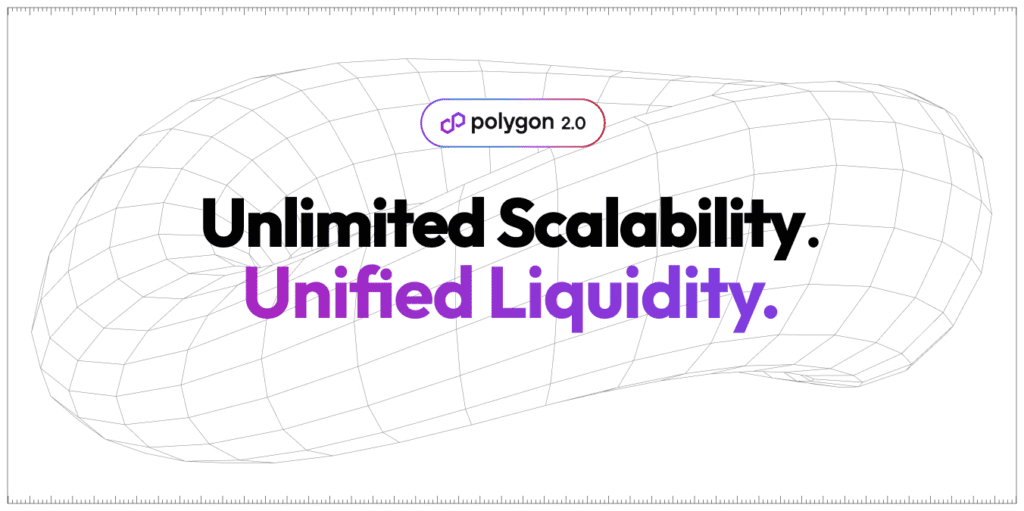Polygon Proposed Upgrade: MATIC to POL Token for Superior Scalability and Security
Key Points
- Polygon plans to upgrade its native token, MATIC, to a new asset called POL as part of the Polygon 2.0 roadmap.
- The upgrade aims to enhance scalability and security by enabling POL to validate transactions across multiple chains within the ecosystem.
- The migration process from MATIC to POL is expected to be straightforward, with a grace period of four years for token holders to complete the transition.
Polygon, the Ethereum scaling solution, has revealed plans to upgrade its native token, MATIC, to a new asset called POL.

This proposed upgrade is part of the roadmap for Polygon 2.0 and aims to ensure the scalability of the ecosystem while maintaining a high level of security. If approved by the community, the migration to the POL token will enable validation across multiple chains within the ecosystem, including Proof of Stake (PoS), zkEVM, and Supernets. This upgrade is expected to enhance interoperability and provide a more efficient and secure ecosystem for users.
The transition from MATIC to POL is designed to be straightforward for token holders. Users will be required to send their MATIC tokens to a designated smart contract, which will then return an equivalent number of POL tokens.
Polygon has proposed a four-year grace period for token holders to complete the upgrade process, ensuring ample time for users to adjust to the new token. The exact timeline for the migration will depend on community consensus and could commence within a few months.

The upgrade to the POL token introduces a significant level of interoperability within the ecosystem. POL will have the capability to validate transactions across different chains, promoting seamless communication between protocols. This enhanced interoperability is expected to result in a more efficient and scalable ecosystem, addressing the growing demands of the Polygon network.
Polygon emphasizes its commitment to a community-driven decision-making process. The endorsement of the community is vital for the migration to POL to proceed. This aligns with the decentralized ideology of the cryptocurrency community, which values user participation in shaping the future of the ecosystem.
DISCLAIMER: The Information on this website is provided as general market commentary and does not constitute investment advice. We encourage you to do your own research before investing.























